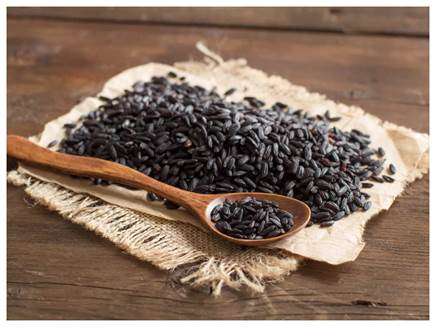





Disclaimer: Copyright infringement not intended.
Context
About Kalanamak
Health Benefits
Promotion
The problem of Low acreage
New Varieties
|
IARI The Indian Agricultural Research Institute (IARI), commonly known as the Pusa Institute, is India's national institute for agricultural research, education and extension. The name Pusa Institute is derived from the fact that the institute was originally located in Pusa, Bihar as the Imperial Institute of Agricultural Research in 1911. It was then renamed as the Imperial Agricultural Research Institute in 1919 and following a major earthquake in Pusa, it was relocated to Delhi in 1936. The current institute in Delhi is financed and administered by the Indian Council of Agricultural Research (ICAR). The IARI was responsible for the research leading to the "Green Revolution in India" of the 1970s. ICAR The Indian Council of Agricultural Research (ICAR) is an autonomous body responsible for co-ordinating agricultural education and research in India. It reports to the Department of Agricultural Research and Education, Ministry of Agriculture. The Union Minister of Agriculture serves as its president. It is the largest network of agricultural research and education institutes in the world. Presently, regulation of agricultural education is the mandate of ICAR, Veterinary Council of India (Veterinary sub-discipline) and Indian Council of Forestry Research and Education (Forestry sub-discipline). ICAR provides accreditation to agriculture universities, colleges and programmes, through its accreditation unit, National Agricultural Education Accreditation Board (NAEAB). The board was established in 1996 and given its current name in 2017. The accreditation serves only as a badge of quality assurance. It is not mandatory, is not a form of affiliation or recognition and does not give approval to open an institute or a program. |







© 2024 iasgyan. All right reserved